BREAST CANCER SCREENING PROJECT
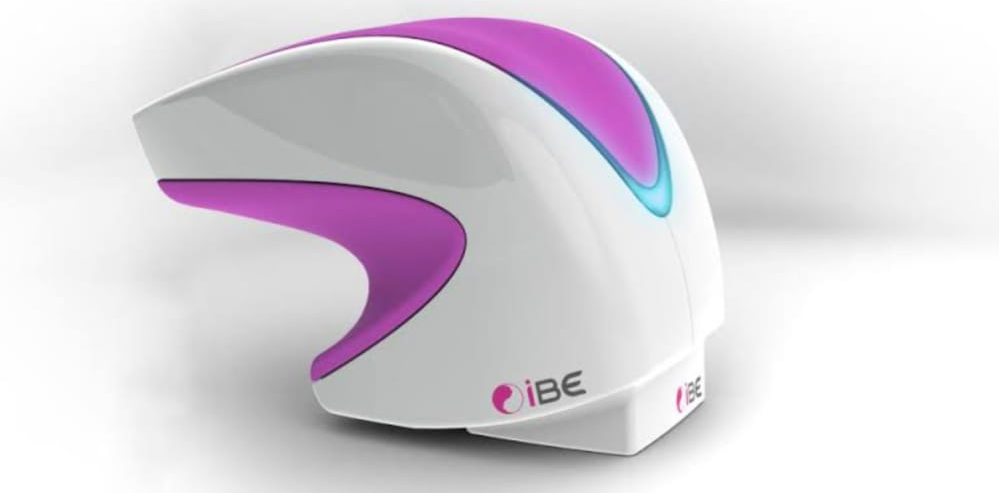 The Cataraqui Kingston Rotary Club is partnering with the Madras Chenna Patna Rotary Club in an exciting Global Grant project intended to detect breast cancer in its early stages using innovative technology (the iBreastExam screening device) developed in India approximately a decade ago. Already this technology has been successfully used approximately 250,000 times in pilot projects around the world. This current project will demonstrate that using this new technology, a widespread, clinically effective program for the noninvasive and painless detection of early stage breast cancer is feasible financially, both for women clients and in terms of the medical infrastructure currently in place in India. The project will be delivered in the state of Tamil Nadu, in southern India. There the incidence of breast cancer is rising drastically at a rate of approximately 4% per annum compounded.
The Cataraqui Kingston Rotary Club is partnering with the Madras Chenna Patna Rotary Club in an exciting Global Grant project intended to detect breast cancer in its early stages using innovative technology (the iBreastExam screening device) developed in India approximately a decade ago. Already this technology has been successfully used approximately 250,000 times in pilot projects around the world. This current project will demonstrate that using this new technology, a widespread, clinically effective program for the noninvasive and painless detection of early stage breast cancer is feasible financially, both for women clients and in terms of the medical infrastructure currently in place in India. The project will be delivered in the state of Tamil Nadu, in southern India. There the incidence of breast cancer is rising drastically at a rate of approximately 4% per annum compounded.THE BACK STORY
In India, 25.8 per 100,000 women are diagnosed with breast cancer annually. Mortality is currently at 12.7 per 100,000 women. In 2018, there were 10,269 confirmed cases of breast cancer in Tamil Nadu. Approximately a third of these cases occurred in the female population of Chennai, a city of just under 12,000,000. It should be noted that until recently in India breast cancer has been detected manually and frequently only in later stages of development, often resulting in poor treatment outcomes. This pilot project aims to identify women with cancerous lumps or lesions in their breasts at a much earlier stage through evaluation of tissue elastic changes based on tactile sensing. The handheld iBreastExam screening device which is the key element in this Project, is designed to move over the skin’s surface painlessly without exposing the patient to radiation. Lumps or lesions discovered using the iBreastExam will be further tested using biopsy and mammogram procedures to determine whether they are benign or diseased.
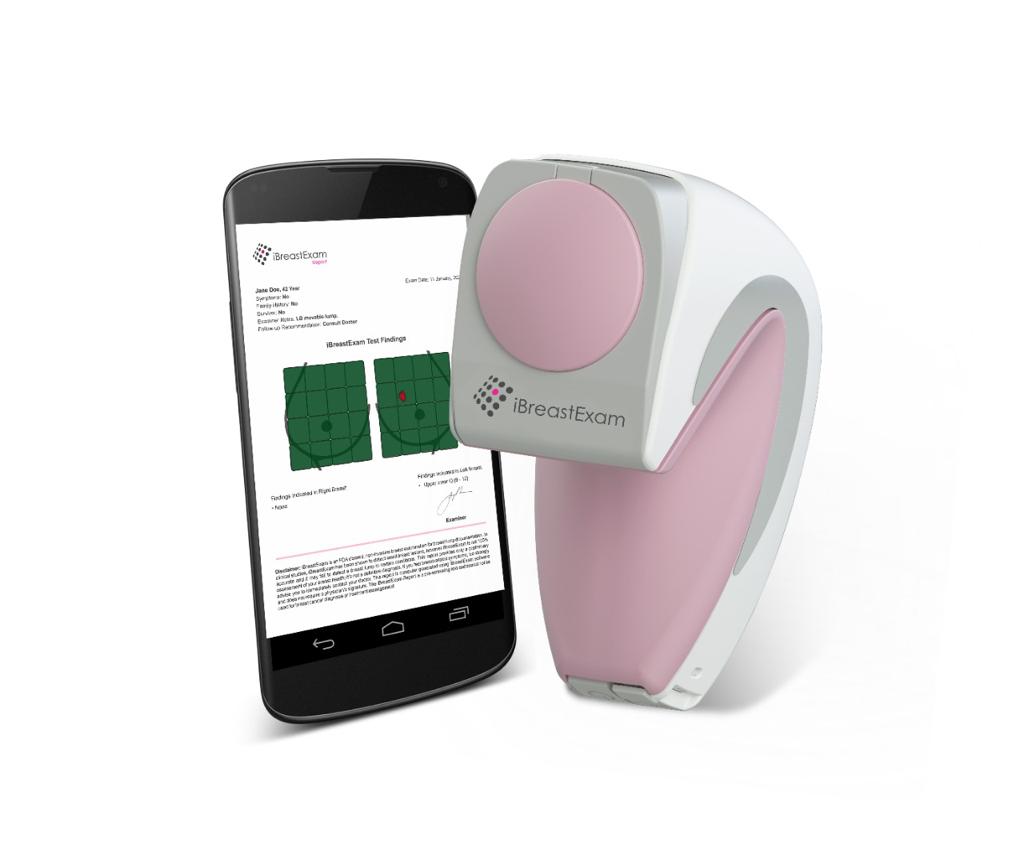
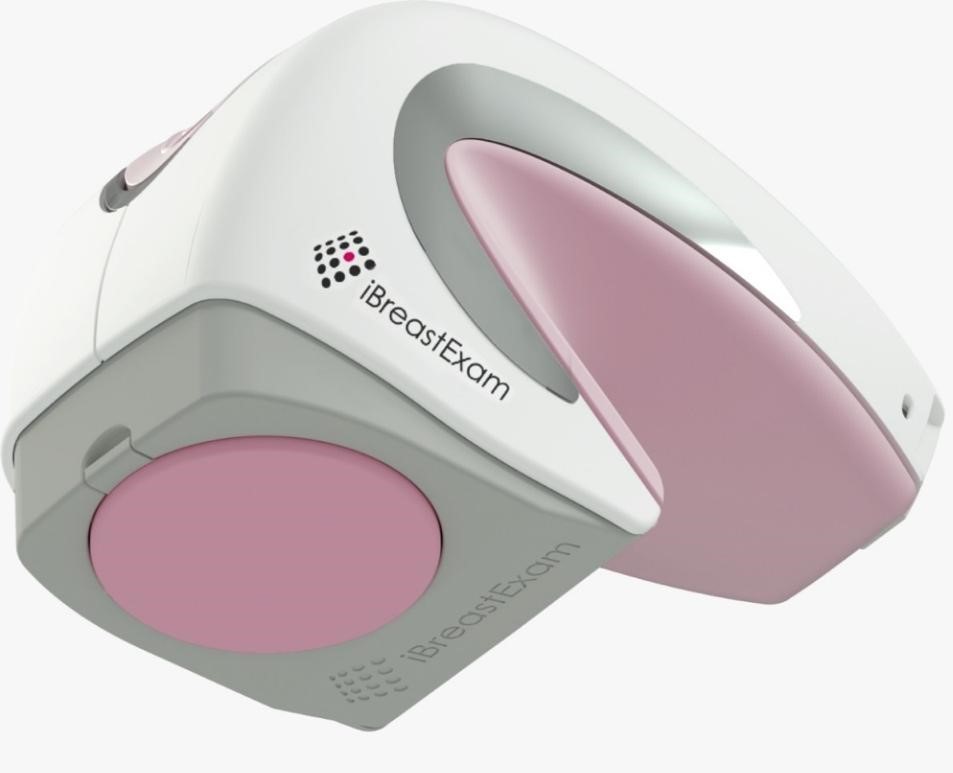
THE PROJECT TO DATE…
Four iBreastExam devices have already been purchased, together with six cartridge fittings which provide a simultaneous digital readout of the test results. A device, along with cartridges, will be given to each of four separate nursing colleges located in Chennai by mid-November of this year. Staff training relating to the use and maintenance of the iBreastExam device will begin by the end of the month and the rollout of the screening program is scheduled to start in December.
Three partner colleges maintain their primary health care centres in slum communities located across Chennai, and at these centres nurses will be professionally trained to use the iBreastExam technology. The primary health care centre associated with the fourth college is located in a rural village close to Chennai. Each of the colleges conduct regular home visits and public health awareness events in their target communities. A focus will now involve educating about breast cancer and building an awareness of the painless and effective technology provided by the iBreastExam. Women will be encouraged to undergo the screening test which will be supervised by a qualified nurse. During the ten month pilot project a total of 14,000 screening tests will be conducted by qualified nurses and at no cost to the Patient. Women who test positive for lesions or lumps will be referred to a fifth organization dedicated to the treatment of breast cancer, which will assist in arranging for further testing to determine malignancies and provide assistance in treatment options offered at government expense.
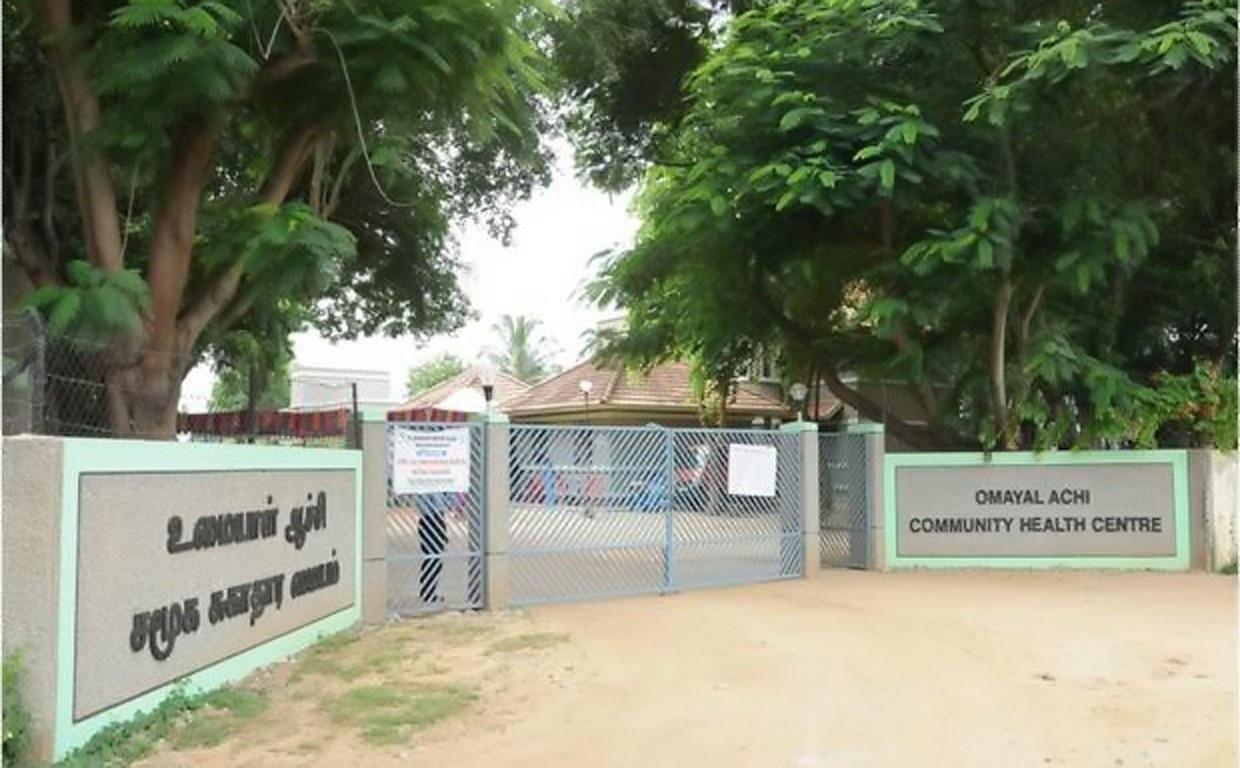
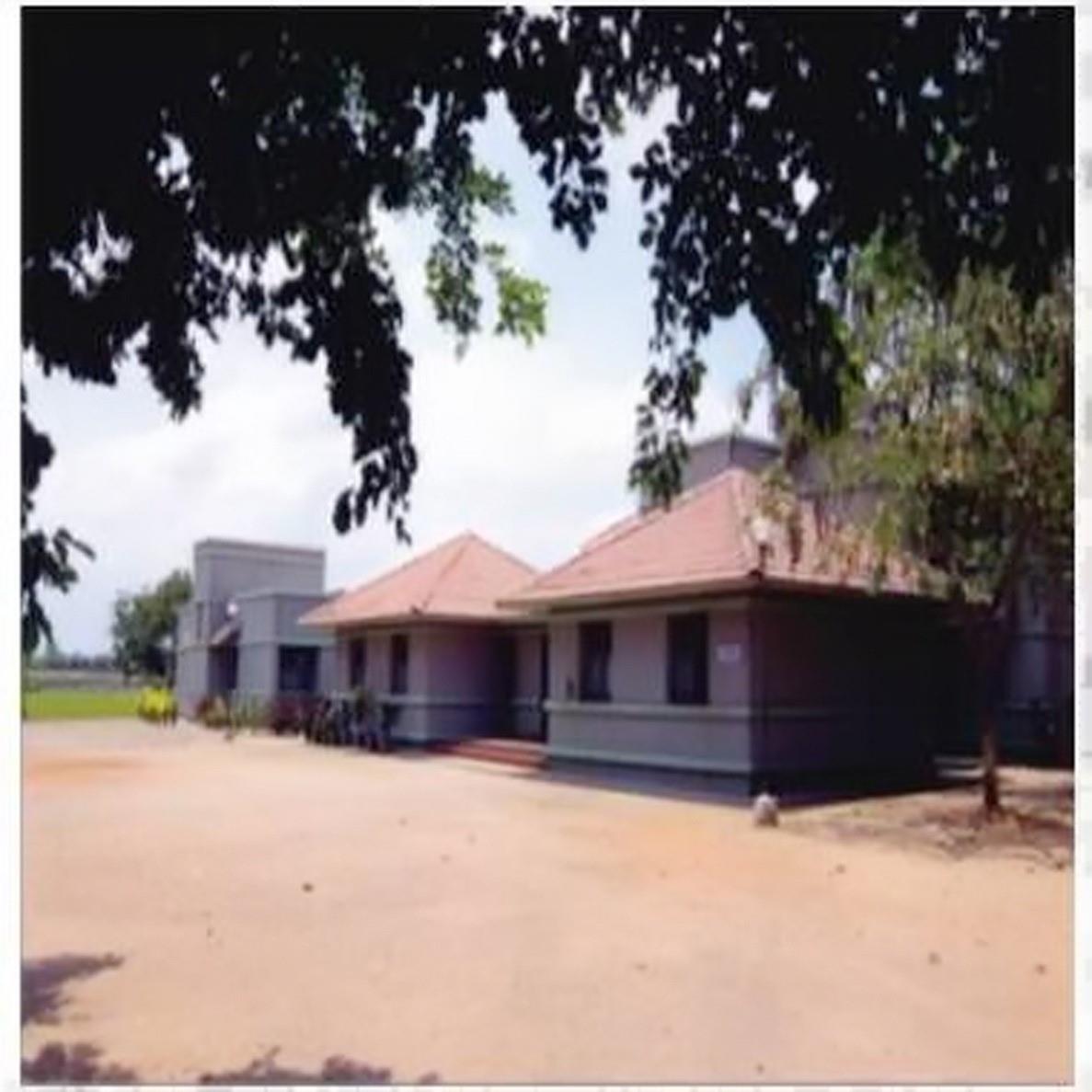
FOLLOWING THE PILOT PROJECT….
The iBreastExam devices have a warranty of two years, and based on experience in other jurisdictions, the devices are expected to perform well for three years or longer, before replacement is necessary. The cost of the cartridges is less than $1 USD per exam. The four nursing colleges have agreed to maintain the devices for at least two years following the completion of this project and to purchase additional cartridges as required.
The average cost of a mammogram in Tamil Nadu is currently between $27 and $40 USD. making it unaffordable for many in the target populations. Existing tests are uncomfortable, if not painful, and expose women to significant radiation. For all these reasons, most women in the target communities avoid mammogram testing for early/routine detection of breast cancer. For women in rural communities these constraints are compounded by the distance they must travel to medical facilities where mammography and/or biopsy tests are performed. The iBreastExam screening will cost the participants nothing during the Pilot project and the nursing colleges have committed to charge a minimal fee of $2/test for tests administered following completion of this project. We anticipate a significant uptake of these affordable and painless screening tests in the target populations, thus improving the possibility of early discovery of malignancies and resulting in much better treatment outcomes.
The use of the iBreastExam device for early identification of breast cancer in Tamil Nadu will, at minimal cost, reduce the number of false negative tests for lumps and lesions which currently occur using Mammogram testing as the sole diagnostic too. The device will identify problem tissues sooner and maximize the chances of successful treatment because of early diagnosis. We anticipate that this pilot project will lead to the widespread adoption of the iBreastExam prescreening device and that there will be a corresponding increase in the early detection and successful treatment of breast cancer in India.
AND CLOSER TO HOME…..
The utility of the iBreastExam technology for identification of breast cancers in women living in rural, remote and indigenous Canadian communities where access to mammography and/or biopsy services is limited, is obvious. The manufacturer of the iBreastExam device has recently entered into an agreement in principle with a major international electronics manufacturer planning to bring this technology to North America. It is hoped that this Rotary Pilot project in India will provide persuasive evidence supporting the adoption of this prescreening technology, particularly, for our rural, indigenous and remote communities, not to mention less advantaged women in our urban populations, in Canada. Just as we anticipate positive outcomes due to the use of this technology in India, so will the adoption of the iBreastExam result in earlier detection and more successful treatment of breast cancer in the Canadian population.
AND, OF COURSE, THERE ARE THE COSTS INVOLVED…..
The budget for this project is $50,000 USD, which includes the cost of 4 iBreastExam devices, the cartridges, training for medical staff, etc. Like all of our projects, this effort involves a network of Rotary Clubs and Districts combining their efforts and finances to deliver this project. Madras Chenna Patna Rotary Club was inspired to take this project on by a similar project in India led by another Rotary Club there. Madras Chenna Patna RC reached out to us to partner with them, as they had previously partnered with our club in providing considerable financial support for our Rotary F.A.R. project right here in Kingston (note this is another Global Grant project where we are the “host club”- see separate story). We reviewed the Global Grant application to our Foundation prepared by Madras Chenna Patna RC and assisted with amendments as required. Our club contributed $5000 USD to support this project. Our contribution was matched by our Rotary District (7040) from its District Designated Fund (for international service projects). The Kingston Rotary Club also contributed $2000 USD to support this project. The Rotary Foundation provided matching funds for our club’s contribution, the funding from the Kingston Rotary Club and for the funds from our District. Additional financial support for this project came from the Rotary District in which Madras Chenna Patna RC is located and from another Rotary club in Chennai and those contributions were also matched by the Rotary Foundation. Our club alone has contributed 10% of the project’s cost. Financial support from Canada for this project, exclusive of matching funds from the Foundation is approximately 24% of the total cost. Matching funds from our Foundation for District and Club contributions is approximately 39% of the total cost. The balance of funding has come from Madras Chenna Patna RC and its partners in Chennai. Two Rotary Districts, four Rotary Clubs and our Foundation are delivering a project which will save several lives (because of early detection of cancers) and demonstrate a program which will dramatically improve breast cancer treatment results (due to early detection) both in India and here in Canada.

